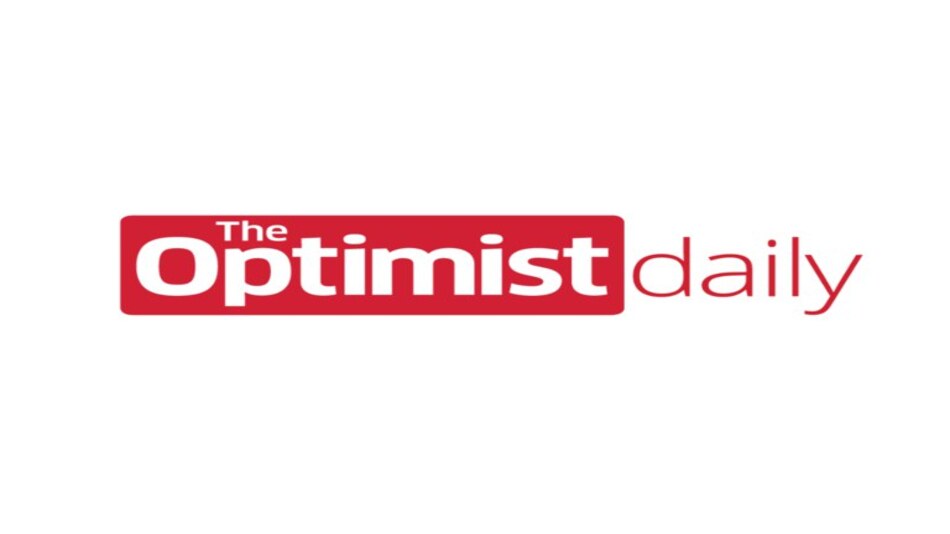As the pandemic hit, food distribution chains across America started collapsing. Such was certainly the case in Interlaken, New York, where large dairy farms were forced to start dumping millions of gallons of milk.
Part of the problem for these dairy farms was that most were specialized in large-scale production and were making “the kind of 20-pound tubs of sour cream that ended up at Chipotle,” which means they couldn’t easily pivot to producing smaller products for local retailers. With local supermarkets going empty and people going hungry, brothers Dave and Pete Messmer, who runs a small dairy called Lively Run Goat Dairy, came up with a brilliant idea: buy up the excess milk, make cheese with it, and donate it to food banks.
In order to raise the funds, the brothers set up a GoFundMe campaign and asked for an initial $20,000. They wound up blowing past that number within 3 days, and have raised nearly $50,000 since then. As the brothers would soon find out, this new model was a big win-win for everybody, with the large-scale farmers getting paid for their surplus milk and the Messmer brothers being able to produce cheese again. Meanwhile, those in need would get fed.
By December, the Lively Run Goat Dairy had donated some 6,000 pounds of cheese within the Finger Lakes region and 7,100 pounds to food-insecure neighborhoods in New York City. The pandemic has revealed a massive problem with America’s centralized food systems. Sure, consolidating farms, processing facilities, and supermarkets have made the system more efficient, but the problem is that “when there’s a breakdown, it causes massive reverberations.”
A centralized food system is fragile, and on top of that, there are actually fewer American-produced food options on the grocery store shelf than there were decades ago. As reported by Civil Eats, the new model created by the Messmers and their partner organizations has shown how small farmers can play a key role in ensuring local food distribution systems continue operating and feeding the community.
With the pandemic raging onward, a clear need has arisen for similar models to be implemented in America, which is why the FEED Act has been introduced to congress. If enacted, Civil Eats reports that the legislation would allow “FEMA (Federal Emergency Management Agency) [to] approve plans from state, local, and Indian tribal governments that (1) establish contracts with small and mid-sized restaurants and nonprofits, including faith-based organizations and soup kitchens, to prepare healthy meals for people in need; and (2) provide for partnerships with nonprofits to purchase directly from food producers and farmers,” after major disasters.
As always, we’ll keep you updated on this developing story.












